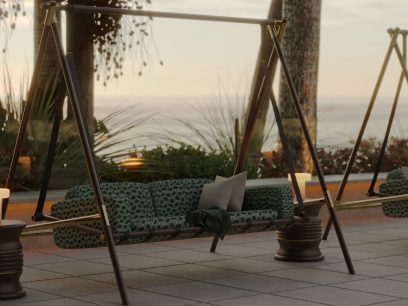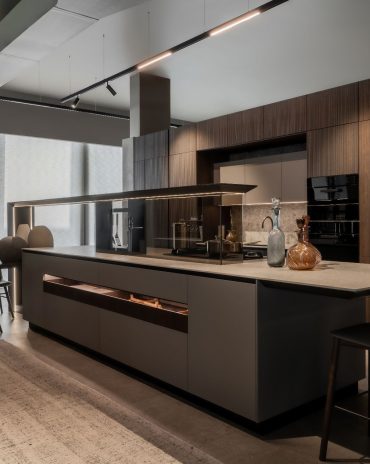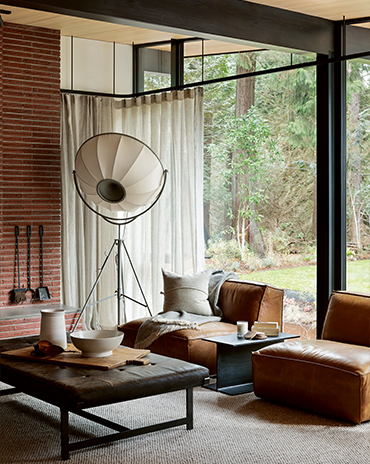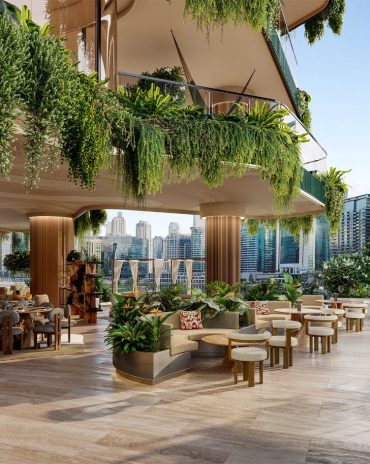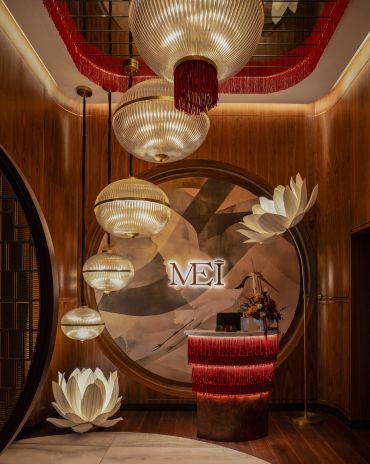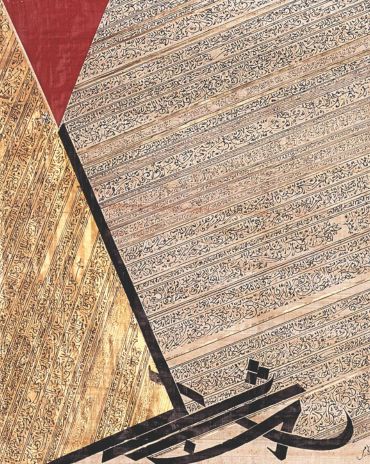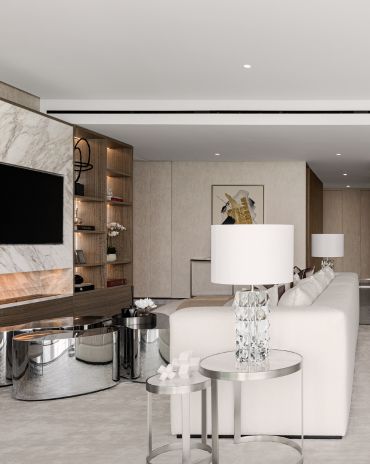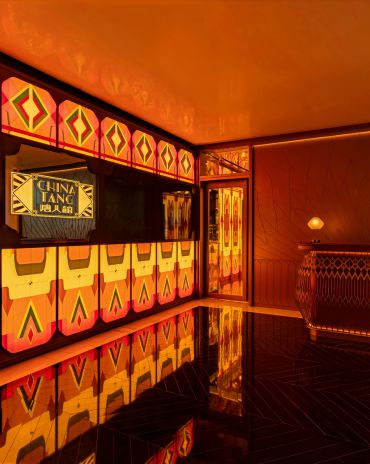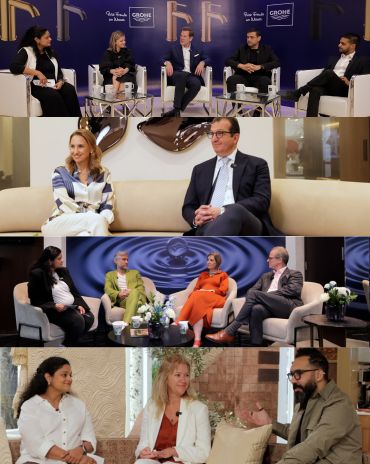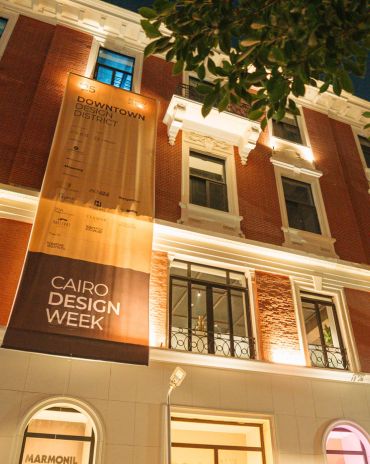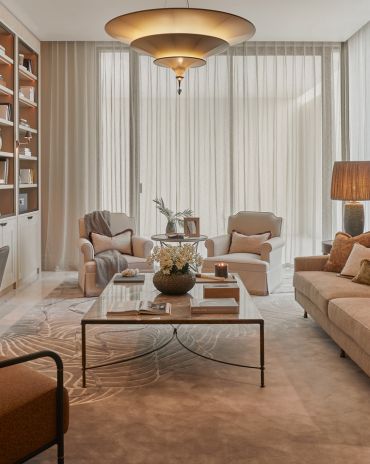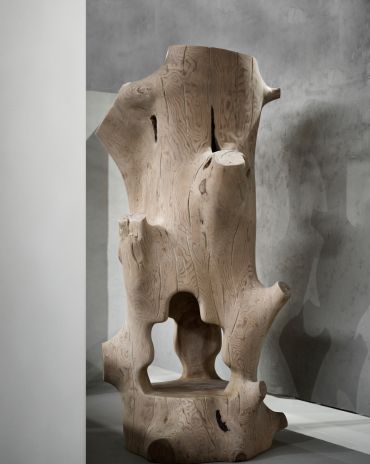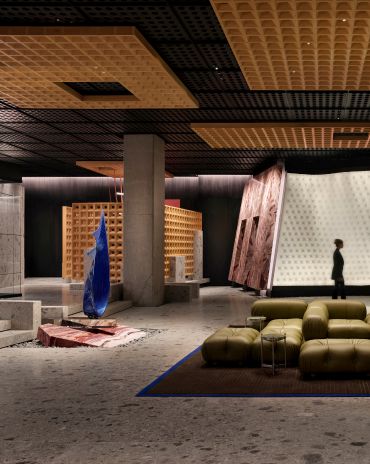Copyright © 2025 Motivate Media Group. All rights reserved.
identity pays tribute to acclaimed modern Iraqi architect Rifat Chadirji
The Central Post Office in Baghdad is exemplary of the late architect's approach
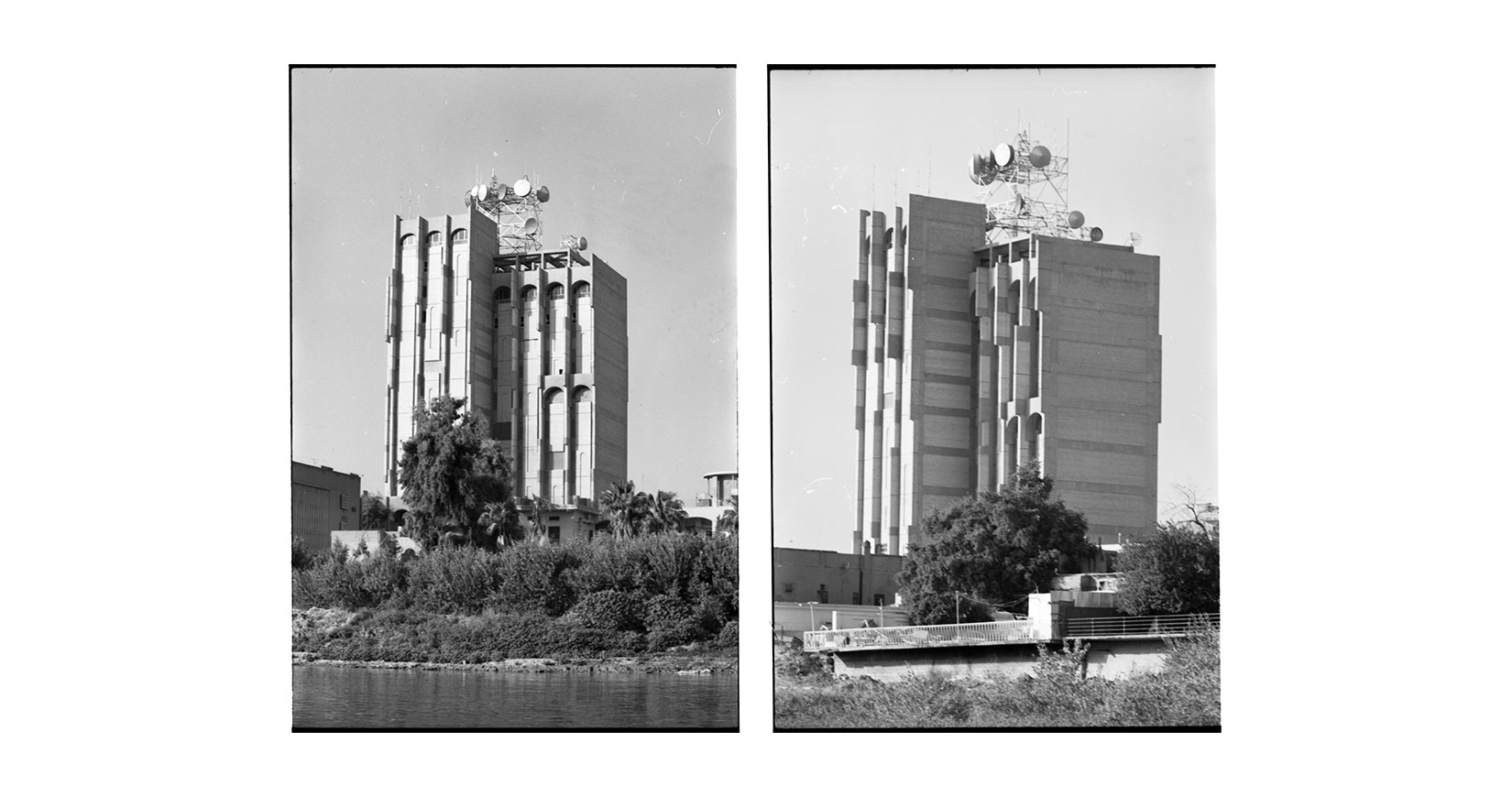
A celebrated figured of modern Iraqi architecture, Rifat Chadirji’s buildings are exemplary of local construction techniques applied through a modernist lens, a style he called ‘international regionalism’. Chadirji devised a synthesis of form that referenced tradition, but one that hoped to modernise its architectural language by drawing from international styles while guiding the creation of a genuinely modern urban landscape for Iraq in the latter part of the 20th century.
“I set out to learn from traditional architecture, he once said, “and to achieve a synthesis between traditional forms and inevitable advent of modern technology. My aim was to create an architecture which at once acknowledges the place in which it is built, yet which sacrifices nothing to modern technical capability.”
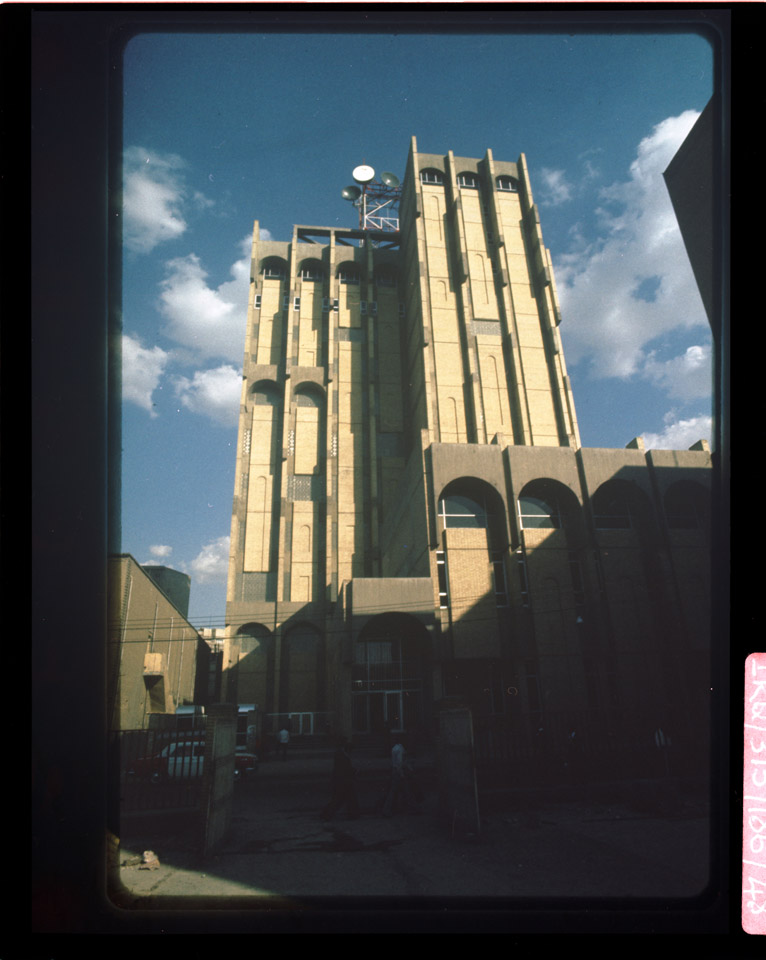
Having contributed to the realisation of approximately 100 buildings – most of which are in Iraq – many of them have since been lost. The remaining structures across the country’s various cities including Baghdad and Mosul stand as markers of the late architect’s legacy, which goes beyond physical constructions. His contributions to architectural education in the Arab world and internationally as well as his photographic documentation of regional architecture further establishes his influence.
The Central Post Office (pictured) is an example of Chadirji’s functional and contextual approach to architecture, completed in 1976 in Baghdad. The 10-storey tower comprises the main communications facilities in the city, with the four-storey, long block containing the post office with the postal hall set on the ground level and additional public services located on the mezzanine floor. The second and third levels of the building contain offices. The telecommunications block is set back from the street, while a central service tower links the two blocks. The building was bombed during the Iraq War in 2003, after which it was minimally repaired and has since been preserved as an important monument of Iraq’s modern architectural history.
His other notable buildings, developed through his architecture practice Iraq Consult, include the Tobacco Monopoly Headquarters and the Hamood Villa in Baghdad, as well as the National Insurance Company in Mosul.
Chadirji was elected Honorary Fellow of the Royal Institute of British Architects in 1982. He eventually left Iraq for good in 1983, when he was offered a teaching position at Harvard. Later, Chadirji was awarded the Chairman Award of the Aga Khan Award for Architecture in 1986, as well as being elected Honorary Fellow of the American Institute of Architects in 1987.
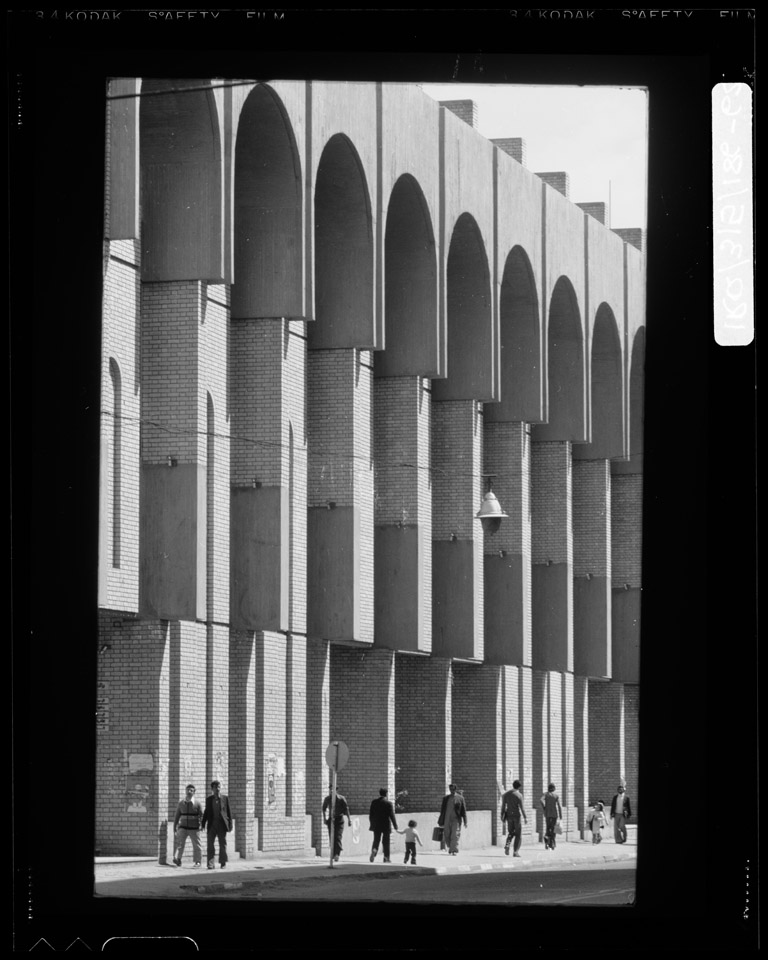
On April 10, 2020, Chadirji passed away after contracting the novel coronavirus. In an email announcing his death, Nasser Rabbat, Aga Khan professor for Islamic Architecture at MIT, described Chadirji as “one of the most influential shapers of modern Baghdad and an original theorist of architecture with a broad historical and cultural breadth”. Chadirji’s legacy continues to live on through his many buildings, photographic documentation and publications; and in the many fond memories of those who knew the legendary architect.
This article was originally published in the June 2020 Home Issue of identity.
The Latest
Studio 971 Relaunches Its Sheikh Zayed Showroom
The showroom reopens as a refined, contemporary destination celebrating Italian craftsmanship, innovation, and timeless design.
Making Space
This book reclaims the narrative of women in interior design
How Eywa’s design execution is both challenging and exceptional
Mihir Sanganee, Chief Strategy Officer and Co-Founder at Designsmith shares the journey behind shaping the interior fitout of this regenerative design project
Design Take: MEI by 4SPACE
Where heritage meets modern design.
The Choreographer of Letters
Taking place at the Bassam Freiha Art Foundation until 25 January 2026, this landmark exhibition features Nja Mahdaoui, one of the most influential figures in Arab modern art
A Home Away from Home
This home, designed by Blush International at the Atlantis The Royal Residences, perfectly balances practicality and beauty
Design Take: China Tang Dubai
Heritage aesthetics redefined through scale, texture, and vision.
Dubai Design Week: A Retrospective
The identity team were actively involved in Dubai Design Week and Downtown Design, capturing collaborations and taking part in key dialogues with the industry. Here’s an overview.
Highlights of Cairo Design Week 2025
Art, architecture, and culture shaped up this year's Cairo Design Week.
A Modern Haven
Sophie Paterson Interiors brings a refined, contemporary sensibility to a family home in Oman, blending soft luxury with subtle nods to local heritage
Past Reveals Future
Maison&Objet Paris returns from 15 to 19 January 2026 under the banner of excellence and savoir-faire
Sensory Design
Designed by Wangan Studio, this avant-garde space, dedicated to care, feels like a contemporary art gallery

